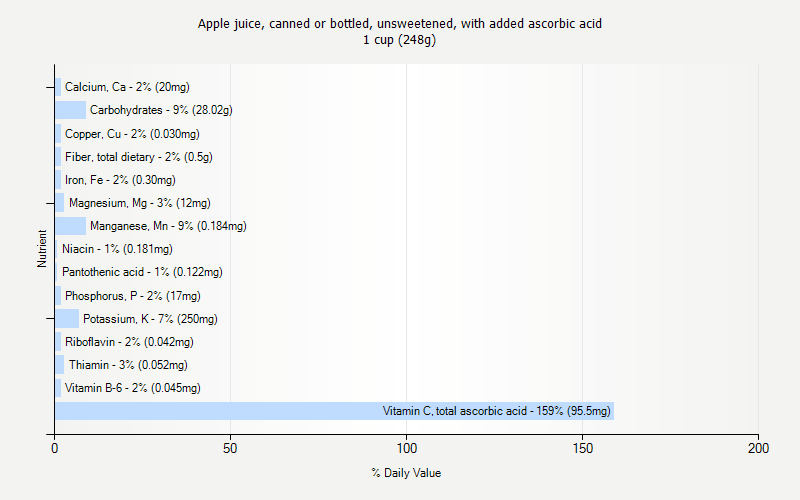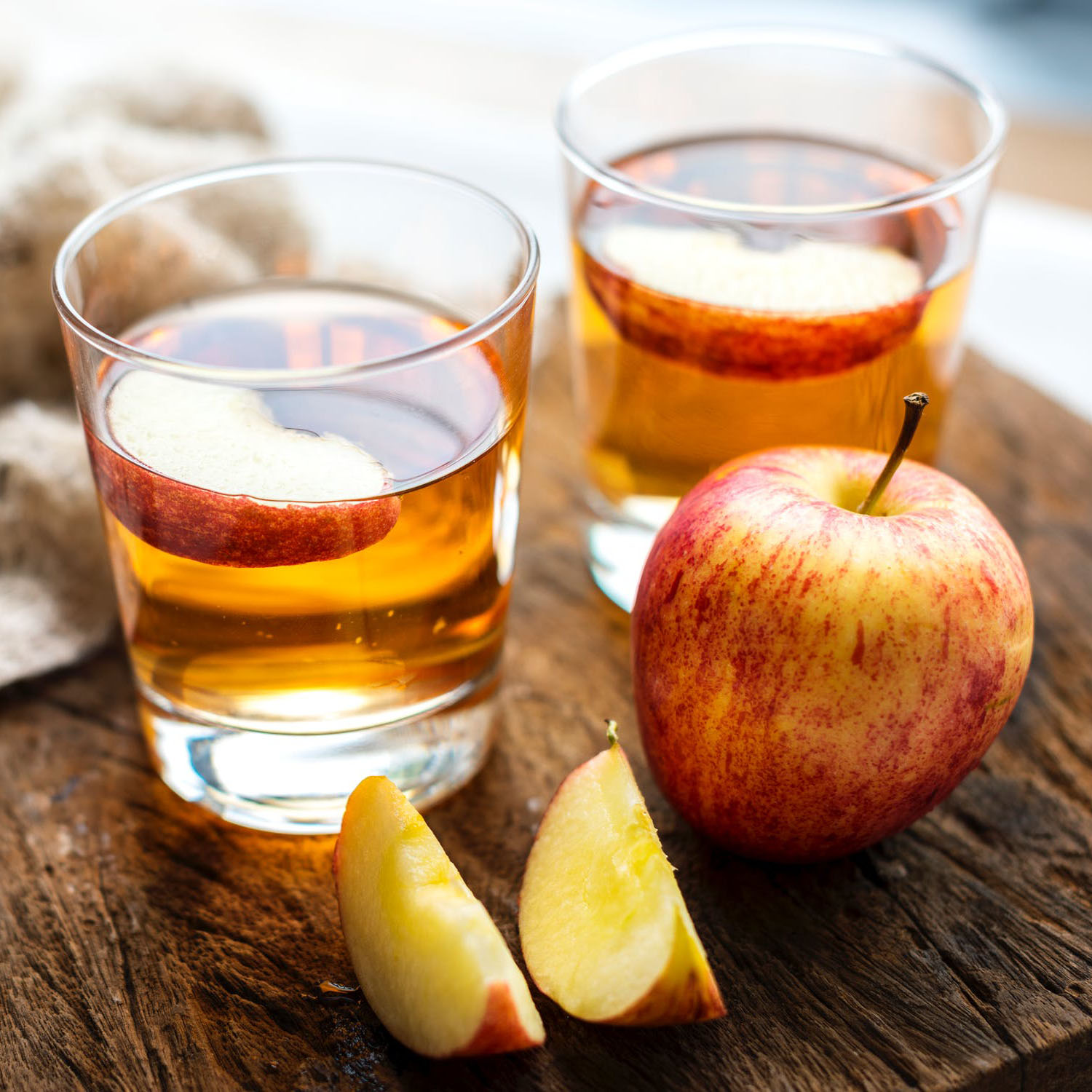

Juice concentrate contains beneficial plant compounds, such as carotenoids, anthocyanins, and flavonoids. This nutrient plays an important role in immunity and wound healing ( 5, 6).Ĭarrot juice from 100% vegetable concentrate is a rich source of provitamin A, offering a whopping 400% of the DV per 8-ounce (240-ml) serving ( 7, 8). Rich in important nutrientsįruit and vegetable juice concentrates are healthiest if made from 100% fruit or vegetables - without additives like added sugar or salt.įor instance, a 4-ounce (120-ml) glass of orange juice prepared from concentrate provides 280% of the Daily Value (DV) of vitamin C. They may offer several health benefits, too. Orange, pineapple, and apple juice products - including concentrates - are increasingly popular, with orange juice accounting for over 41% of the global fruit juice market ( 1).Ĭoncentrates can be appealing because they’re cheap and easy to store. For the healthiest choice, pick 100% fruit concentrate. Juice concentrates come in several varieties that tend to vary in quality and fruit content. Keep in mind that many powdered juice concentrates pack added sugar, so you’ll want to read labels carefully. Thus, anti-inflammatory compounds found in foods like some juice concentrates may help prevent this condition ( 4). While inflammation is a natural bodily response, chronic inflammation is linked to many diseases, including cancer and diabetes. Many studies show that concentrated powders of mixed fruits and vegetables are associated with decreased markers of inflammation and increased antioxidant levels ( 3).

This removes all of the water content and allows these products to take up less space ( 1). Powdered juice concentrates are dehydrated by methods like spray- and freeze-drying. If the first ingredient is an added sugar, such as HFCS, cane sugar, or fructose syrup, you may want to steer clear of this product. These often include added flavors or sweeteners to compensate for a lack of whole fruit.Īgain, reading nutrition labels is key. Products sold as concentrated fruit cocktail, punch, or beverage are made from a blend of juices. Concentrated fruit cocktail, punch, or beverage If you’re concerned about flavorings or preservatives, be sure to check the ingredient list. However, they may still harbor additives. 100% fruit concentrateĬoncentrates made from 100% fruit are the healthiest option, as they pack the most nutrients and are only sweetened with natural fruit sugars - not added sugar. There are several types of concentrate, some healthier than others. Additives are often used to boost flavor and prevent spoiling. Juice concentrate is most commonly made by evaporating the water from crushed or juiced fruits. Some concentrates are also treated to remove harmful microbes, thereby enhancing shelf life ( 1). Artificial colors and aromas may be added as well ( 1). What’s more, sweeteners like high-fructose corn syrup (HFCS) are frequently added to fruit juice concentrates, while sodium may be added to vegetable juice blends. Most of the water content is then extracted and evaporated ( 1).īecause the fruit’s natural flavor may become diluted as a result, many companies use additives like flavor packs, which are artificial compounds made from fruit byproducts ( 1). To make juice concentrate, whole fruits are thoroughly washed, scrubbed, and crushed or blended to produce a pulp. Juice concentrates are sold at room temperature or frozen and meant to be diluted in filtered water before consumption ( 1, 2). Most concentrates are filtered, evaporated, and pasteurized, but some may also include additives ( 1). This process likewise cuts packaging, storage, and transportation costs ( 1). When most of this liquid is removed, the result is a thick, syrupy product known as juice concentrate.Įxtracting the water reduces bacterial growth, meaning that concentrate doesn’t spoil as easily as juice. Water can comprise as much as 90% of juice ( 1, 2).


 0 kommentar(er)
0 kommentar(er)
